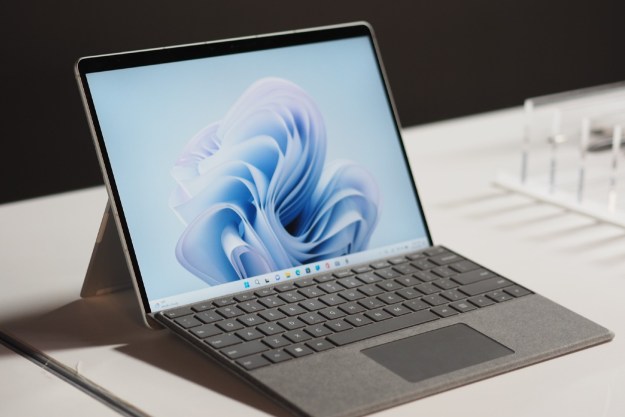
Cable operator Comcast has agreed to pay some $16 million to settle a class-action lawsuit over selectively blocking traffic from peer-to-peer networking applications in the name of “network management.” The case goes back to 2007 when the Associated Press first exposed Comcast blocking BitTorrent uploads by forging shutdown messages; the practice was later confirmed, and the Federal Communications Commissions sanctioned Comcast for “secretly degrading” the performance of its network, and ordered the company to implement transparent network management practices by the end of 2008.
Comcast doesn’t admit to any wrongdoing in the settlement.
Comcast customers hoping to cash in on the settlement may be disappointed, however: individual payments to an individual class member in the suit are limited to $16. Comcast Internet customers who used selected applications in a period between April 2006 and December 2008 may be eligible for compensation, according to a settlement Web site.
Since the fracas over shutting down P2P traffic, Comcast has introduced usage caps for its most enthusiastic broadband customers (currently 250 GB per month), but is appealing the FCC sanctions, claiming the agency does not have the authority to penalize Comcast for violation of agency guidelines, rather than actual regulations or legislation.


